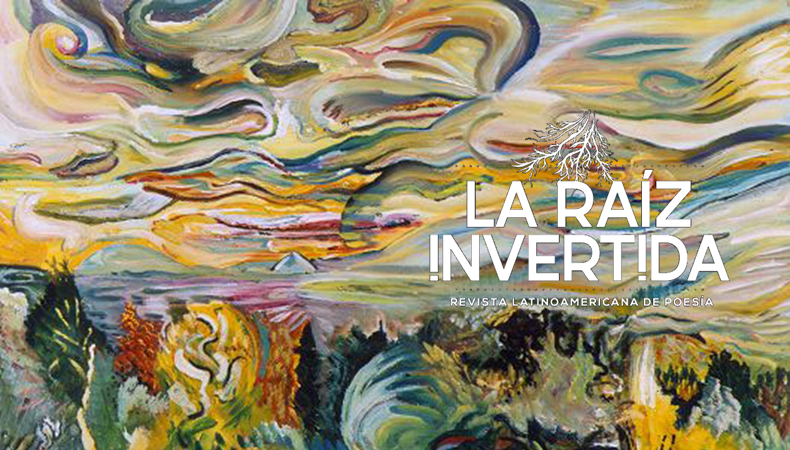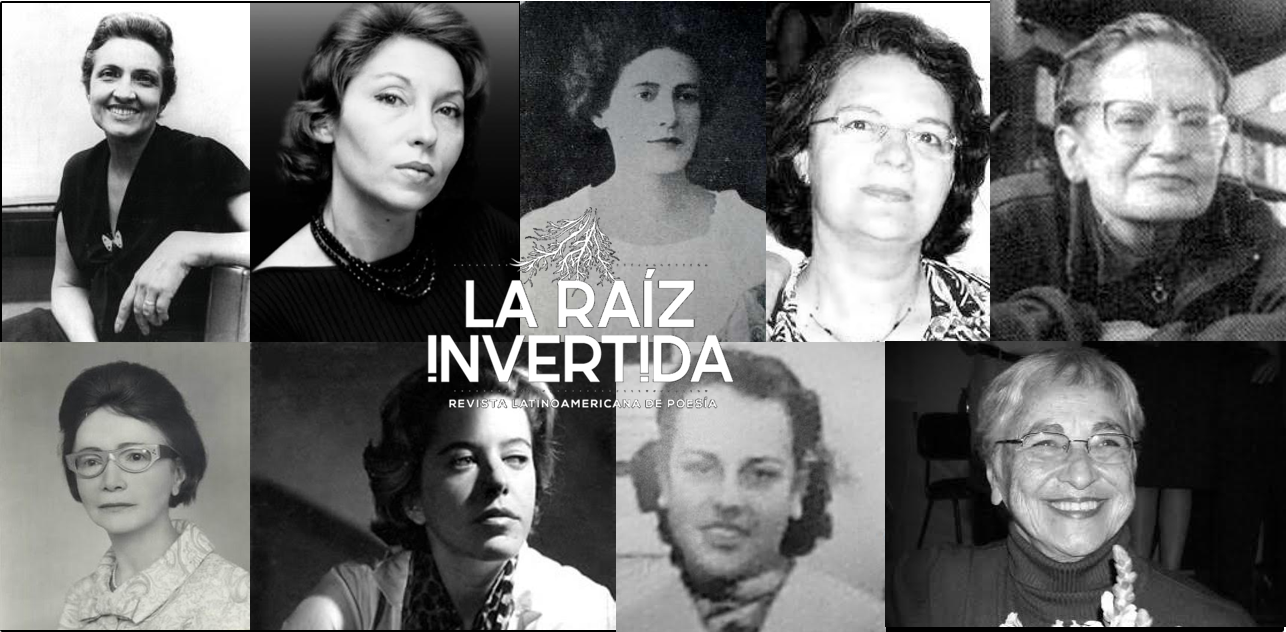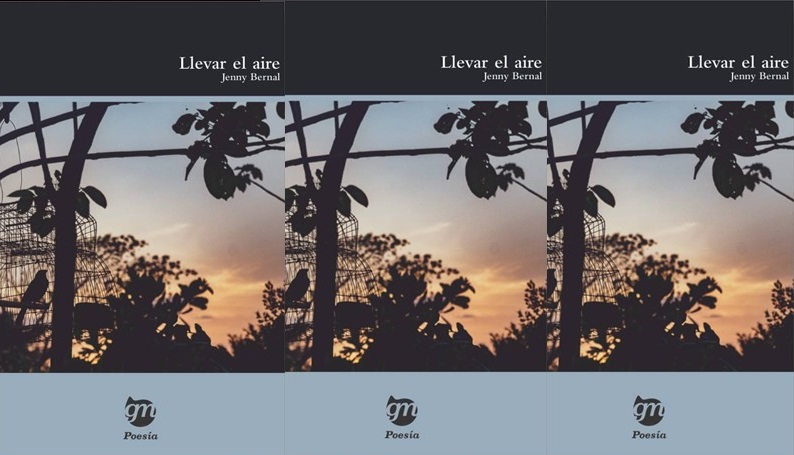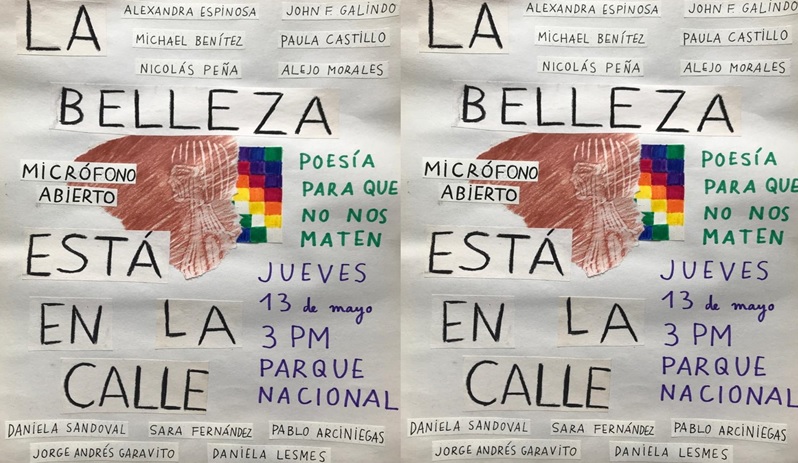
El consejo de un poeta a los estudiantes por e.e. cummings
Compartimos el poema “El consejo de un poeta a los estudiantes” del ensayista, pintor y poeta norteamericano Edward Estlin Cummings, e. e. cummings, en la traducción de la escritora colombiana Violeta Villalba:
EL CONSEJO DE UN POETA A LOS ESTUDIANTES
Un poeta es alguien que siente y que expresa su sentir mediante las palabras.
Puede sonar fácil. No lo es.
Muchas personas piensan o creen o saben que sienten; pero esto es pensar o creer o saber, no sentir. Y la poesía es sentir; no saber o creer o pensar.
Casi cualquiera puede aprender a pensar o creer o saber, pero a ningún ser humano se le puede enseñar a sentir. ¿Por qué? Porque cada vez que piensas o crees o sabes, eres muchas otras personas: pero el instante en que sientes, eres tú-y-nadie-más.
Ser tú-y-nadie-más —en un mundo que hace todo lo posible, día y noche, para que te conviertas en los demás— implica emprender la batalla más difícil que cualquier ser humano pueda luchar; y que nunca deja de luchar.
En cuanto a expresarte a ti-y-nadie-más con las palabras, esto es algo que implica trabajar con un poco más de empeño del que cualquiera que no sea poeta podría llegar a imaginar. ¿Por qué? Porque no hay nada más fácil que usar las palabras como otra persona. Todos hacemos exactamente esto casi todo el tiempo y, cada vez que lo hacemos, no somos poetas.
Si, al cabo de tus primeros diez o quince años de luchar y trabajar y sentir, descubres que has escrito el verso de un poema, serás muy afortunado en verdad.
Así que mi consejo para todos los jóvenes que desean convertirse en poetas es: hagan algo fácil, como aprender a estallar el mundo, a menos que no solo tengan la voluntad, sino que estén dichosos de sentir y trabajar y luchar hasta la muerte.
¿Suena lúgubre? No lo es.
Es la vida más maravillosa en la tierra.
O así lo siento.
A POET’S ADVICE TO STUDENTS
A poet is somebody who feels, and who expresses his feeling through words.
This may sound easy. It isn’t.
A lot of people think or believe or know they feel-but that’s thinking or believing or knowing; not feeling. And poetry is feeling-not knowing or believing or thinking.
Almost anybody can learn to think or believe or know, but not a single human being can be taught to feel. Why? Because whenever you think or you believe or you know, you’re a lot of other people: but the moment you feel, you’re nobody-but-yourself.
To be nobody-but-yourself-in a world which is doing its best, night and day, to make you everybody else-means to fight the hardest battle which any human being can fight; and never stop fighting.
As for expressing nobody-but-yourself in words, that means working just a little harder than anybody who isn’t a poet can possibly imagine. Why? Because nothing is quite as easy as using words like somebody else. We all of us do exactly this nearly all of the time-and whenever we do it, we’re not poets.
If, at the end of your first ten or fifteen years of fighting and working and feeling, you find you’ve written one line of one poem, you’ll be very lucky indeed.
And so my advice to all young people who wish to become poets is: do something easy, like learning how to blow up the world-unless you’re not only willing, but glad, to feel and work and fight till you die.
Does this sound dismal? It isn’t.
It’s the most wonderful life on earth.
Or so I feel.



